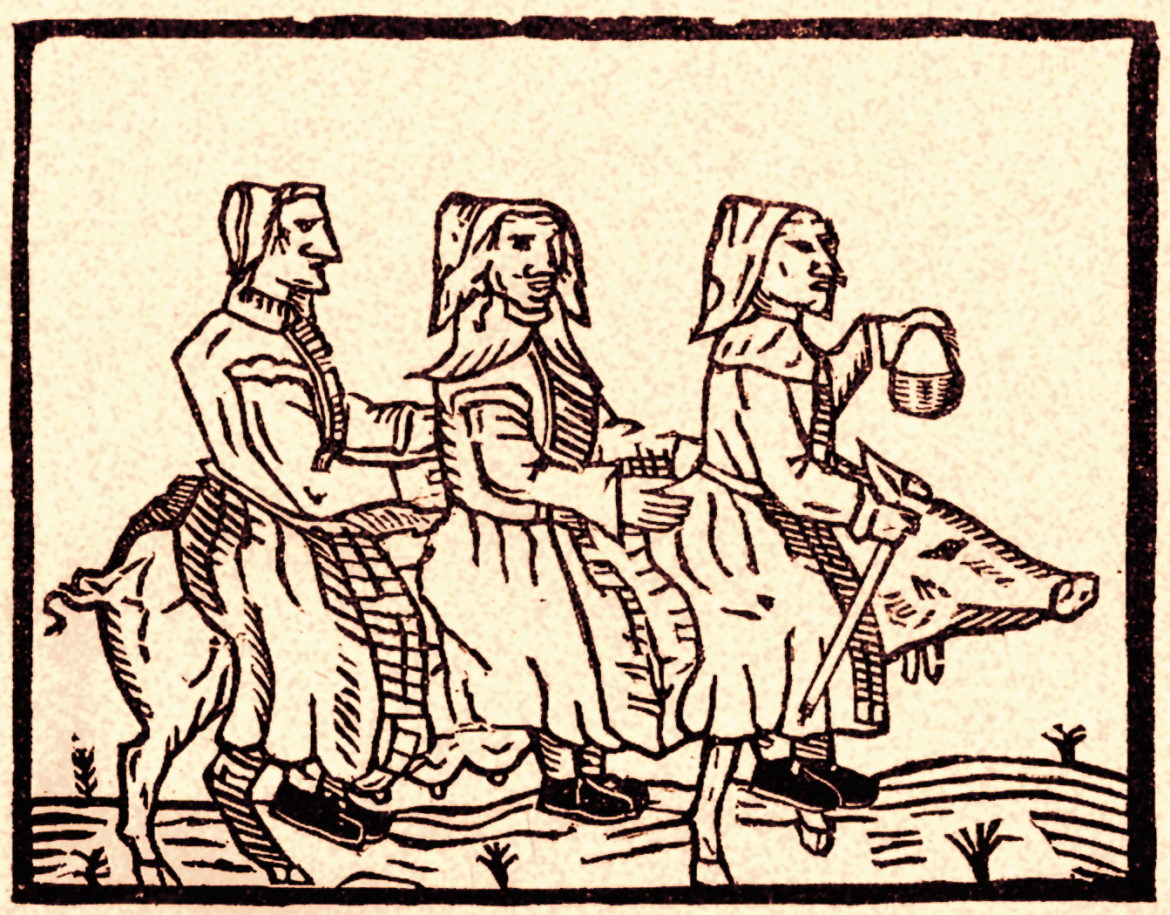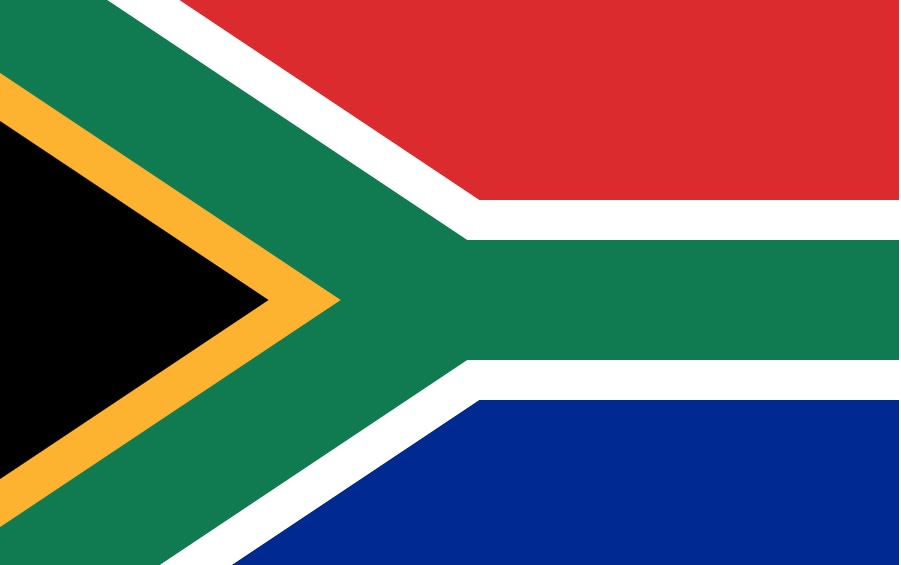As Canada eliminates its antiquated laws regarding Witchcraft, persecution still has serious consequences in other parts of the world. The United Nation’s Office of the High Commissioner for Human Rights (UN Human Rights), for example, still lists Witchcraft accusations as a serious threat against women and other minorities. The Human Rights Office notes that “witchcraft related beliefs and practices have resulted in serious violations of human rights including, beatings, banishment, cutting of body parts, and amputation of limbs, torture and murder. Women, children, the elderly, and persons with disabilities particularly persons with albinism, are particularly vulnerable. Despite the seriousness of these human rights abuses, there is often no robust state led response.



